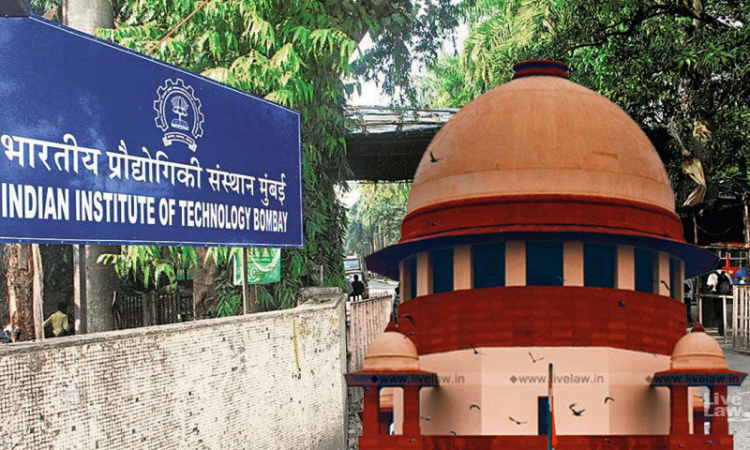'Deal With Humanitarian Approach' : Supreme Court Asks IIT Bombay To Accommodate Dalit Student Who Lost Admission Due To Failure To Pay Fees In Time
Mehal Jain
22 Nov 2021 3:54 PM IST

"It is elementary common sense. Which student would get into IIT, Bombay and not pay the Rs. 50,000 fee? It is obvious that he had some financial problems", the SC observed.
Next Story


